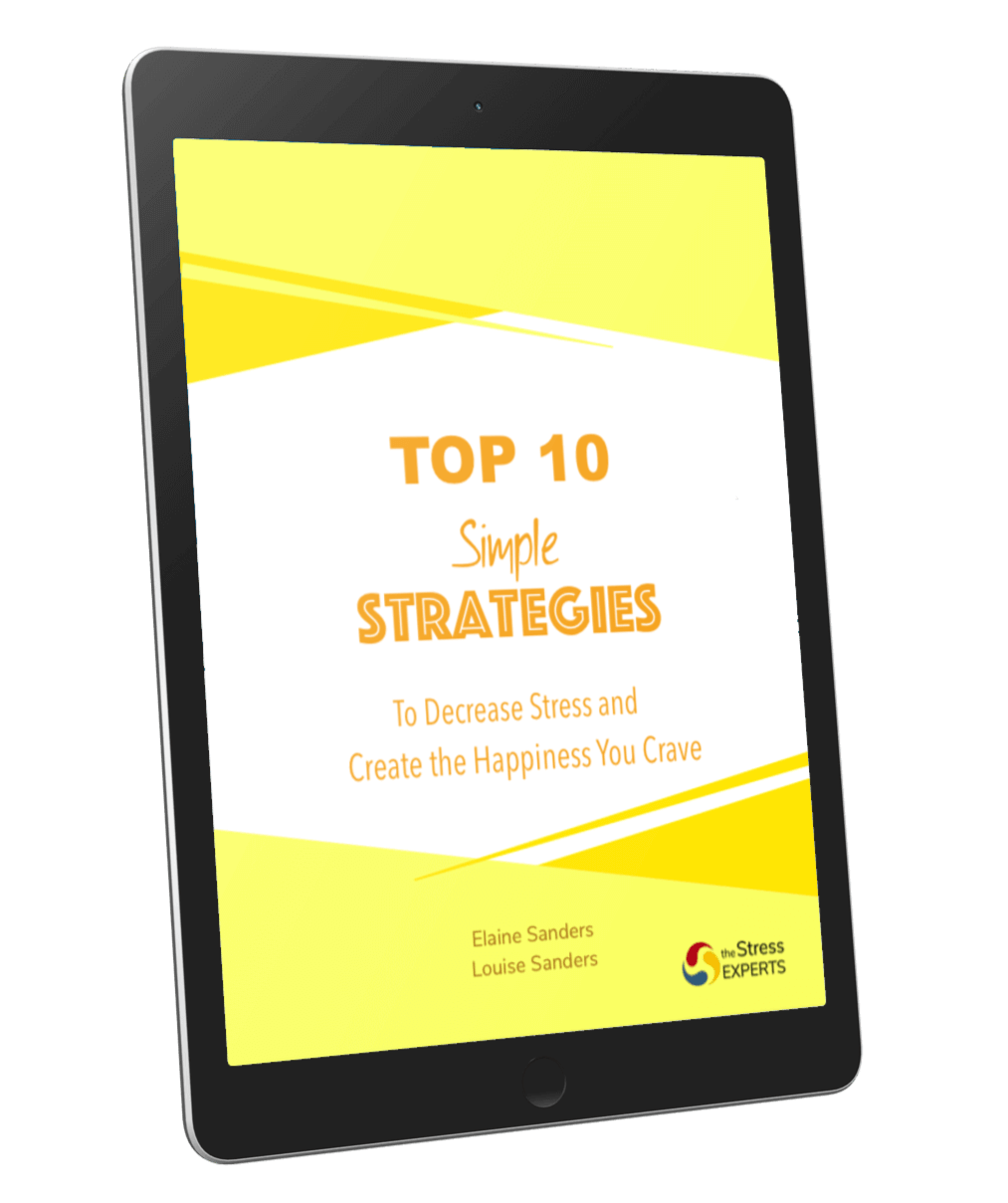
There’s a lot of talk about stress nowadays. But have you ever stopped and considered what really is stress? Where does it come from? Why doesn’t it go away? Why does it seem to be generally getting worse? And what can we do about it?
Let’s explore these questions.
What really is stress?
There are a few different ways to define stress. The way I define it is “physiological disharmony as a result of experiencing a negative emotional response to your perception of your life situation.”
It sounds like a mouthful! Let’s break it down.
When you are in a situation that you think or believe is threatening or “not ok”, you have a negative emotional response to it - fear, sadness, loneliness, confusion, impatience, anger, anxiety, panic, etc. That negative emotion results in a state of chaos/disharmony in your nervous system, where the “gas pedal” (sympathetic nervous system) and the “brake pedal” (parasympathetic nervous system) don’t work well together.
Fun fact: you also get a dump of stress hormones like cortisol into the blood stream that causes the body to mobilize and use energy - blood glucose increases so it is available for your muscles to use for fighting or fleeing. The blood in your body is redistributed: vessels to your digestive and reproductive systems constrict, and the vessels to your limbs dilate.
Now, it could be a current situation that you find threatening/“not ok”/“not safe”, or it could be a past situation, or an imagined future situation, it could be a seemingly “small” situation or a “large” situation - the physiological responses in the nervous and hormonal systems are the same regardless of the size or the “when” of the situation.
Where does stress come from?
Stress comes from the inside. It is an internal process. We often would like to point out to the world and say it comes from “out there” but the fact is, it comes from “in here”.
This is something to celebrate! It means we can do something about it. (See more in the last question.)
Why doesn’t stress go away?
Your nervous system - unconscious mind - is wired for safety. Safety is the #1 priority! Keeping you alive is key to survival. That’s what this system is designed to do - detect threats and respond to keep you safe.
Stress doesn’t go away until you can communicate to your unconscious mind that you are indeed “safe” - that look from your boss doesn’t mean the death of you, the subtle complaints from your spouse about your cooking doesn’t mean he’ll leave you.
This communication to your unconscious mind is not verbal, it is somatic, body-based, because that is the language the unconscious mind understands. (See more in the last question.)
Why does stress seem to be generally getting worse?
I believe it is because there are some people and forces that benefit from other people being stressed. When we are stressed, we are more easily controlled/swayed and have difficulty thinking for ourselves.
We watch the news and get our daily dose of fear and anxiety. Back in the day, we used to only concern ourselves with what was happening in our communities, but now because of technology, we are exposed to information that is on the other side of the world. And because most of us don’t have the skills to regulate our emotions, this causes us to feel hopeless, helpless, powerless, guilty, anxious, and afraid - stressed.
In 1982, Buckminster Fuller, a systems theorist, philosopher, and futurist, noticed that until the year 1900, human knowledge doubled every century. By 1945, it was doubling every 25 years. In 1982, it was doubling every 12-13 months. Now, it is doubling less than every 12 hours!
Our world is moving faster. The stress management strategies that might have worked before are not working now. Our brain is not designed to handle this pace of things. We need something better. (…and that “something better” doesn’t include augmenting our humanness with technology! To understand this more, I recommend reading “Pure Human”, written in 2025 by Gregg Braden.)
What can we do about it?
Because stress is something that happens inside us, our level of stress is actually under our control, if we choose to take responsibility for it.
The best stress management strategy is literally connecting the brain with the heart…tuning them to the same frequency…getting them on the same page… getting them rowing in the same direction…partnering together. We are the only beings that we know of that can merge the senses of the heart and the logic of the brain into a single potent system, a super-system that tunes us into higher perceptions, deeper wisdom, and increased resilience.
Somewhere along the way, we got the idea that the brain was the ultimate controller of our body and that the heart was weak and whimsical. Science actually shows that that is not true at all! The heart communicates more information to the brain than the brain does to the heart and body, on a ratio of 9:1. The electrical impulse of the heart is 40-60 times greater in amplitude than the brain. And the heart is electromagnetically 5000x stronger than the brain! (See HeartMath research.)
When we use body-based or somatic methods to communicate to our brain and unconscious mind that we are indeed safe, stress decreases; our nervous system harmonizes; cortisol decreases; our conceptual field of view broadens to include solutions to problems and other people’s points of view; we become more energy efficient so we are less exhausted and have more energy to do what we love; we access intuition and creativity; we get along better with others; we make wiser decisions; we release emotional baggage; our body heals, and we feel better!
If you are ready to do something about your level of stress, to activate your super-system, to feel better, to have more energy, to learn the skills to regulate your emotions and calm your nervous system, I’m here to show you how!
Here’s to conquering stress.
With heart,
Louise
The Stress Experts
--
Did this blog help you?
Consider sharing it with someone who needs to hear it!
Have a question?
Let me know. I love answering questions! Contact me!

















0 Comments